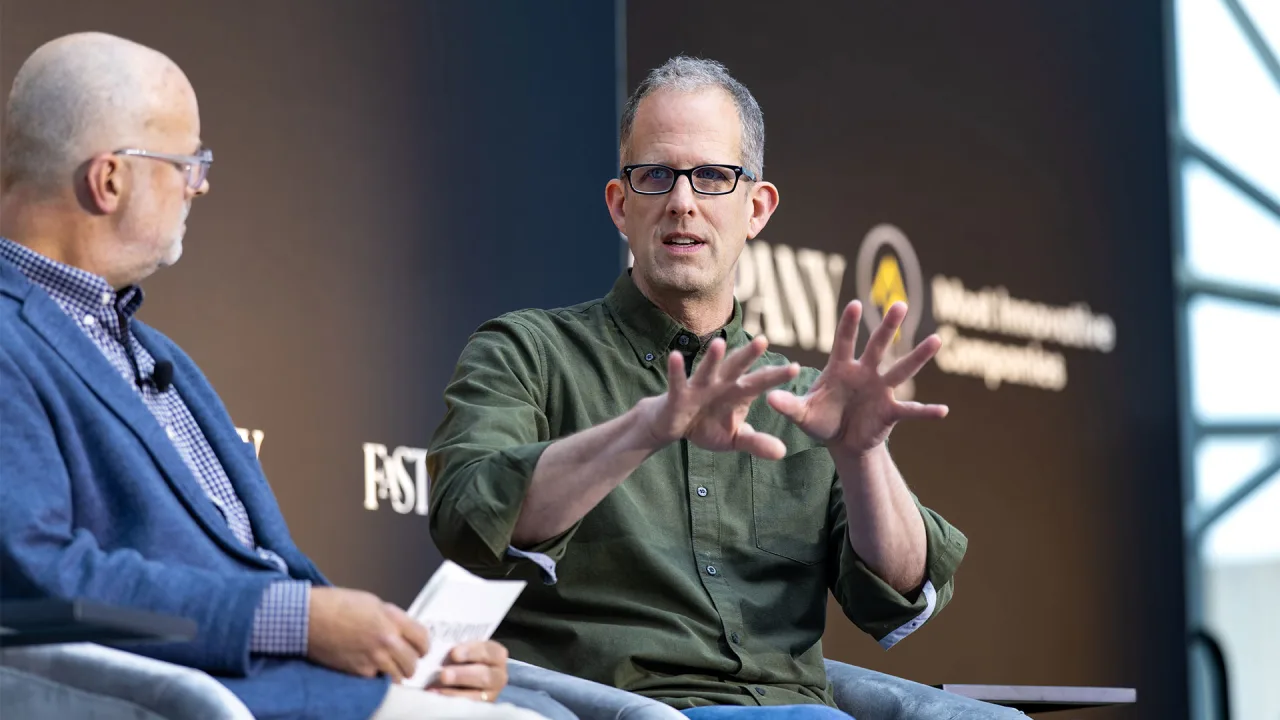A Closer Look at Fertility Preservation Services in the UAE

Fertility is a deeply personal subject, and advancements in reproductive medicine have made it possible for individuals to take proactive steps toward preserving their reproductive options. Fertility preservation services in the UAE are gaining traction, offering advanced solutions to those facing medical challenges, delaying parenthood for personal reasons, or simply planning ahead.
Understanding Fertility Preservation
Fertility preservation refers to the process of saving or protecting eggs, sperm, or reproductive tissue so that a person can use them to have biological children in the future. These techniques are especially beneficial for individuals undergoing medical treatments like chemotherapy, those with genetic predispositions to infertility, or those who simply wish to delay parenthood for personal or career reasons.
The services are becoming increasingly popular among both men and women, thanks to broader awareness and improved accessibility in the UAE.
Common Methods of Fertility Preservation
The field of fertility preservation encompasses a variety of techniques. The most commonly used methods include:
-
Egg Freezing (Oocyte Cryopreservation): Women can choose to have their eggs extracted and frozen for future use. This process is often recommended before undergoing treatments that may impair fertility.
-
Sperm Freezing (Semen Cryopreservation): Men may opt to freeze and store sperm, particularly if they are facing medical treatments that could affect fertility.
-
Embryo Freezing: Embryos created through IVF can be frozen and stored, offering a future pregnancy opportunity.
-
Ovarian Tissue Freezing: An experimental technique wherein ovarian tissue is surgically removed, frozen, and later reimplanted.
-
Testicular Tissue Freezing: Similar to ovarian tissue freezing, this is still largely in the experimental phase but provides hope for future options.
Fertility Preservation and Medical Conditions
For individuals diagnosed with cancer or other medical conditions requiring treatments like radiation or chemotherapy, fertility preservation is a critical step before initiating therapy. These treatments can be life-saving but often carry the risk of damaging reproductive organs. Therefore, timely intervention with fertility preservation options is crucial.
Healthcare providers work closely with reproductive specialists to develop personalized plans, ensuring that fertility is safeguarded before beginning any medical regimen.
The Role of IVF Hospitals
IVF hospitals play a vital role in fertility preservation. These specialized medical facilities offer comprehensive diagnostic and preservation services. From ovarian stimulation protocols to cryopreservation techniques, they provide state-of-the-art care to ensure the highest chances of success when the time comes to use preserved reproductive materials.
These hospitals often employ a multidisciplinary approach, combining the expertise of reproductive endocrinologists, embryologists, andrologists, and counselors to provide holistic support throughout the process.
Legal and Ethical Considerations in the UAE
The UAE has specific regulations in place regarding fertility treatments, including fertility preservation. While the country offers cutting-edge medical technology, it also ensures that practices are in line with cultural and religious values. For instance, embryo freezing is permitted only under certain legal conditions, and gamete donation is restricted.
Prospective patients are encouraged to consult with certified medical practitioners to fully understand the legalities and ethical parameters surrounding fertility preservation in the UAE.
Emotional and Psychological Aspects
Preserving fertility is not just a physical procedure—it is also a significant emotional decision. Many individuals experience a range of emotions, from hope and relief to anxiety and uncertainty. Support services, including psychological counseling and support groups, can provide the necessary emotional reinforcement.
The decision to undergo fertility preservation can offer peace of mind, giving individuals the freedom to focus on their health, career, or personal goals without sacrificing the opportunity to start a family in the future.
Ideal Candidates for Fertility Preservation
Fertility preservation isn't limited to those with medical conditions. Various individuals may consider this option, including:
-
Women in their late 20s to early 30s wishing to delay childbearing
-
Individuals undergoing gender transition
-
Those with a family history of early menopause or genetic infertility
-
Men with declining sperm quality
Identifying the right time for intervention is essential, as age and current reproductive health significantly impact the success of preservation techniques.
The Process of Ovarian Stimulation
For women opting to freeze their eggs, ovarian stimulation is a crucial phase. This involves administering hormonal medications to stimulate the ovaries to produce multiple eggs. Once the eggs reach maturity, they are retrieved through a minimally invasive procedure and then frozen for future use.
Ovarian stimulation protocols are personalized based on age, medical history, and ovarian reserve. The process is monitored closely through ultrasounds and blood tests to ensure optimal outcomes.
Advancements in Fertility Technology
The UAE continues to adopt and invest in groundbreaking fertility technologies. Vitrification, a rapid freezing method that increases the survival rate of eggs and embryos, is widely used. Artificial intelligence and machine learning are also being integrated to improve embryo selection and predictive analysis.
These advancements ensure higher success rates and provide reassurance to individuals opting for fertility preservation services.
Accessibility and Cost Factors
While the cost of fertility preservation can be a consideration, more clinics in the UAE are offering packages and financing options to make these services accessible. Health insurance coverage is still limited in this domain, although some providers have started to include fertility services as part of their plans.
Awareness campaigns and public health initiatives are encouraging people to consider these services early, potentially reducing long-term costs and improving success rates.
Cultural Shifts and Growing Acceptance
Fertility preservation is increasingly gaining acceptance in the UAE, driven by changing societal norms and growing awareness. As more individuals prioritize career growth, education, or personal well-being, the need for fertility planning becomes more relevant.
Educational seminars, social media outreach, and supportive healthcare providers are contributing to a cultural shift that empowers individuals to take control of their reproductive future.
Preparing for Future Parenthood
For those who preserve their fertility, planning ahead for future parenthood is essential. This includes considerations such as:
-
Emotional readiness
-
Financial stability
-
Relationship dynamics
-
Availability of support systems
Counseling and reproductive planning services can help individuals and couples make informed decisions when they are ready to proceed with using preserved reproductive materials.
Conclusion
Fertility preservation offers a valuable opportunity for individuals to safeguard their reproductive potential, especially in a fast-paced, dynamic environment like the UAE. With the growing capabilities of IVF hospitals and evolving societal acceptance, these services are becoming a cornerstone of modern reproductive care.
Whether prompted by medical necessity or a personal choice, fertility preservation is a proactive and empowering option. With timely intervention, professional guidance, and emotional support, individuals can take charge of their reproductive future with confidence and clarity.
As awareness and technological advancements continue to evolve, fertility preservation in the UAE is set to become an increasingly vital component of healthcare and life planning for generations to come.








































































![https //g.co/recover for help [1-866-719-1006]](https://newsquo.com/uploads/images/202506/image_430x256_684949454da3e.jpg)

























![[PATREON EXCLUSIVE] The Power of No: How to Say It, Mean It, and Lead with It](https://tpgblog.com/wp-content/uploads/2025/06/just-say-no.jpg?#)



















































